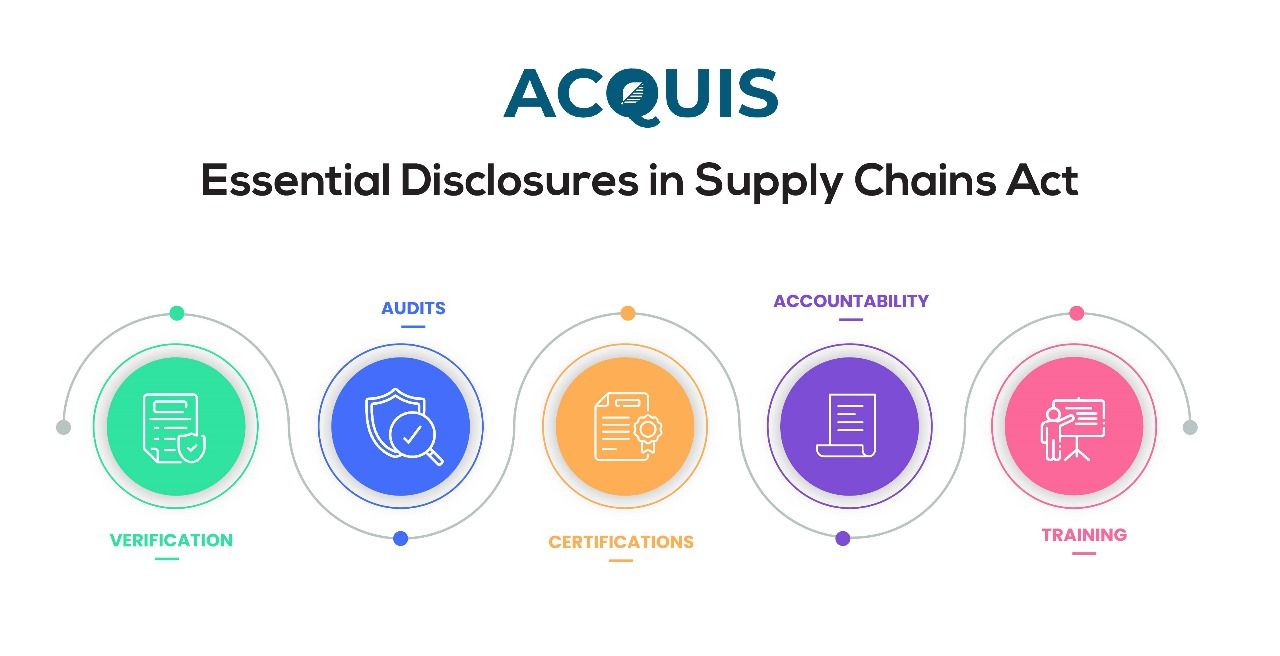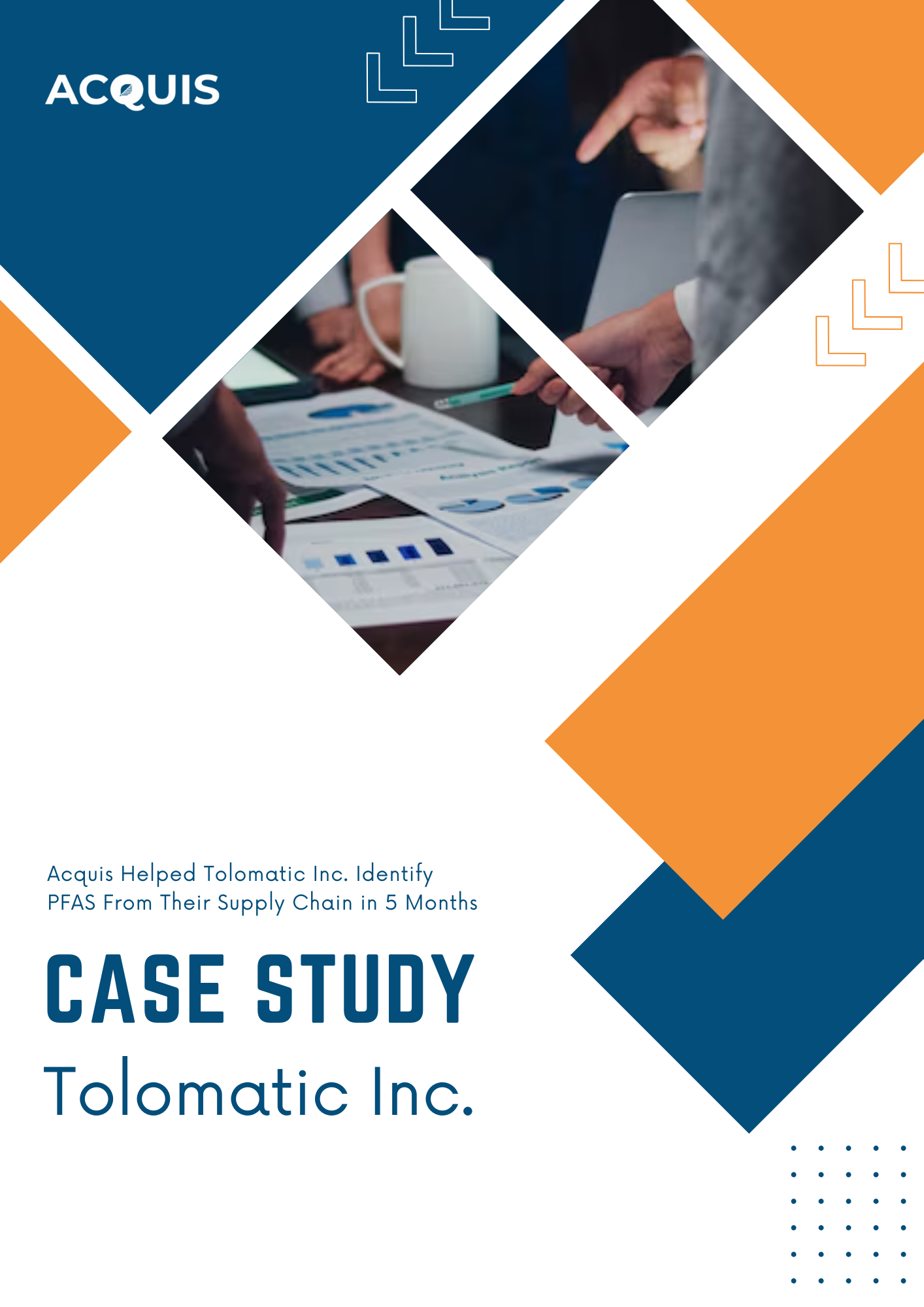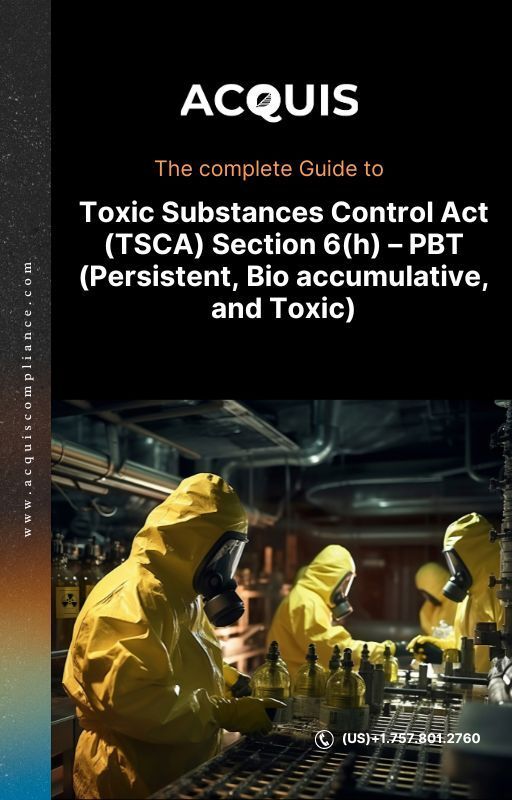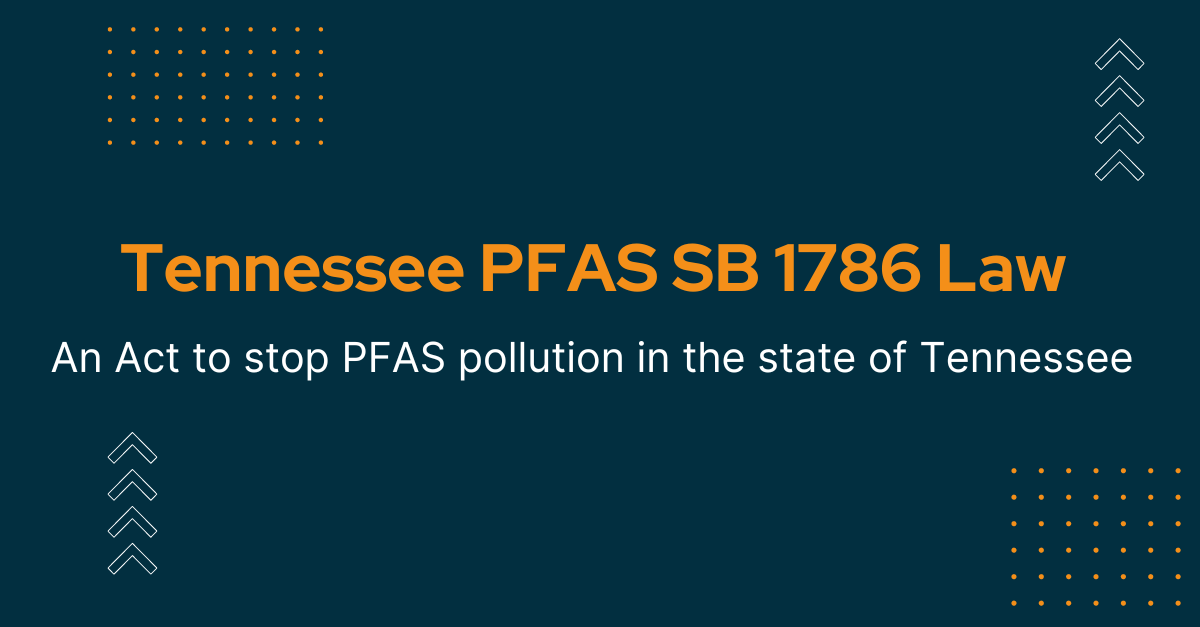The California Transparency in Supply Chains Act, also known as the California Senate Bill 657, was enacted with the recognition that slavery and human trafficking are persistent crimes, not only internationally but also within the state of California and across the United States. These crimes are often concealed from view, making them difficult to identify and address. The Act's primary aim is to empower consumers and businesses to make informed choices and to encourage companies to take action against slavery and human trafficking within their supply chains.
The Act was passed to ensure that large retailers and manufacturers provide consumers with information about their efforts to eradicate slavery and human trafficking from their supply chains. This information enables consumers to support companies that responsibly manage their supply chains, ultimately improving the lives of victims of slavery and human trafficking.
Who is Covered by the Supply Chains Act?
The Supply Chains Act applies to retail sellers or manufacturers that meet the following criteria:
- Doing Business in California: The company must identify itself as a retail seller or manufacturer in its California state tax returns and satisfy the legal requirements for "doing business" in California.
- Annual Worldwide Gross Receipts: The company must have annual worldwide gross receipts exceeding $100,000,000.
Essential Disclosures in Supply Chains Act

Companies subject to the Transparency in Supply Chains Act are required to disclose the extent of their efforts in five critical areas:
- Verification: Companies must engage in the verification of product supply chains to evaluate and address the risks of human trafficking and slavery. The disclosure should specify if the verification was not conducted by a third party.
- Audits: Companies are obligated to conduct audits of suppliers to evaluate supplier compliance with company standards related to trafficking and slavery in supply chains. The disclosure should specify if the audit was not an independent, unannounced audit.
- Certifications: Companies must require direct suppliers to certify that materials incorporated into their products comply with the laws regarding slavery and human trafficking in the country or countries in which they do business.
- Accountability: Companies must maintain internal accountability standards and procedures for employees or contractors failing to meet company standards regarding slavery and trafficking.
- Training: Companies should provide training on human trafficking and slavery to company employees and management who have direct responsibility for supply chain management. This training should focus on mitigating risks within the supply chains of products.
Why Was the Transparency in Supply Chains Act Passed by the California Legislature?
- The California Legislature passed the Transparency in Supply Chains Act to inform customers about firms' efforts to eliminate slavery and human trafficking from their product supply chains.
- The Act aims to empower customers to make more informed purchasing decisions by providing transparency on these critical issues.
- It recognizes the persistence of slavery and human trafficking both internationally and within California, emphasizing the need for action.
- The Act encourages companies to take steps to eradicate these crimes and promote responsible supply chain management.
- Ultimately, the Act seeks to improve the lives of victims of slavery and human trafficking by creating a more ethical and responsible marketplace.
Is Compliance with the Supply Chains Act Mandatory for All California Businesses?
- Not all California businesses are subject to the Supply Chains Act.
- To be covered by the law, companies must meet specific criteria, including:
- Identifying as manufacturers or retail sellers.
- Operating within the state of California.
- Generating annual worldwide gross sales exceeding $100 million.
What Must Companies Do According to the Act?
- Covered retail sellers and manufacturers must post disclosures about their efforts to eradicate slavery and human trafficking from their product supply chains.
- The disclosures must cover five specific categories: verification, auditing, certification, accountability, and training.
- Even if a company does not engage in these efforts, it is required to disclose this information for each category.
What is the public access requirement for a company's disclosure?
- Companies with websites must provide a conspicuous and easily understood link on their homepage to access the required disclosure.
- The link should directly lead to the disclosure page, minimizing the need for consumers to navigate multiple links.
- Companies without websites must furnish a written disclosure within 30 days upon receiving a written consumer request.
- The written disclosure for companies without websites should meet the same requirements as the web-based disclosure.
What Happens to a Company That Does Not Comply with the Act?
The Attorney General has the exclusive authority to bring legal action for injunctive relief in cases of non-compliance with the Transparency in Supply Chains Act.
Take away
The California Transparency in Supply Chains Act is a critical step in addressing the issues of slavery and human trafficking within supply chains. By requiring companies to disclose their efforts and providing consumers with the information they need to make informed choices, the Act contributes to the fight against these crimes. Companies that meet the criteria set forth by the Act are encouraged to adhere to its requirements to create a more transparent and ethical marketplace. Failure to comply may result in legal action by the Attorney General, emphasizing the importance of upholding these standards and contributing to a more responsible and humane global supply chain.
Speak to Our Compliance Experts
Share
ENVIRONMENTAL COMPLIANCE
- RoHS
- SCIP (WFD)
- REACH
- California Proposition 65
- Material Disclosure (FMD)
- PFAS
- TSCA PBT
- EU POPs
- EU MDR & IVDR
- ELV (GADSL)
- Others
- Extended Producer Responsibility (EPR)
INTEGRATION SUPPORT
WE ARE GLOBAL
USA
6705 Ridgedale CT, Glen Allen, VA 23059
+1.757.801.2760
info@aquiscompliance.com
India
#9/2, Hennur Bagalur Main Road, Bengaluru - 560077
+91 789 238 1827
info@aquiscompliance.com



